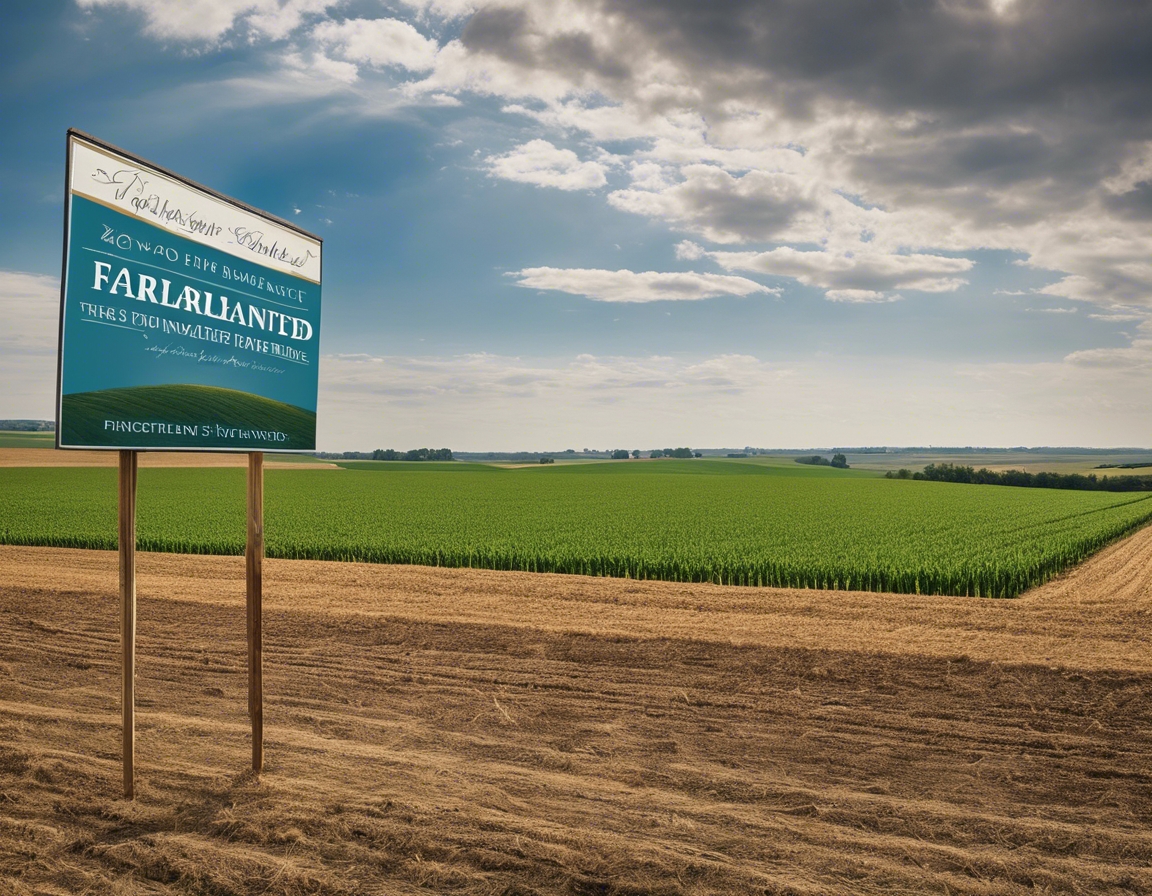The importance of sustainable forest management
Sustainable forest management (SFM) is a holistic approach to managing forest resources in a way that meets the needs of the present without compromising the ability of future generations to meet their own needs. It involves balancing ecological, economic, and social objectives to ensure that forests continue to provide essential goods and services.
Understanding the Principles of Sustainable Forest Management
Ecological balance is a core principle of SFM, emphasizing the need to maintain biodiversity, soil and water quality, and the overall health of forest ecosystems. This involves practices such as selective logging, reforestation, and protecting wildlife habitats to ensure that forest ecosystems remain resilient and productive.
Economic viability ensures that forest management practices are financially sustainable. This involves optimizing the economic benefits derived from forests, such as timber production, non-timber forest products, and eco-tourism, while ensuring that these activities do not deplete forest resources.
Social responsibility in SFM involves recognizing and respecting the rights and needs of local communities and indigenous peoples. It includes ensuring equitable access to forest resources, promoting community participation in decision-making, and supporting livelihoods that depend on forests.
Benefits of Sustainable Forest Management
SFM helps preserve biodiversity, protect water resources, and mitigate climate change by maintaining healthy forest ecosystems. It also reduces the risk of forest degradation and deforestation, which are major contributors to global carbon emissions.
By ensuring the long-term productivity of forest resources, SFM supports sustainable economic growth. It creates jobs, supports industries such as timber and tourism, and provides a steady supply of forest products that are essential for various sectors.
SFM promotes social equity by involving local communities in forest management and ensuring that they benefit from forest resources. It supports cultural values and traditions associated with forests and enhances the quality of life for people who depend on them.
Challenges in Implementing Sustainable Forest Management
Implementing SFM can be costly, requiring investments in infrastructure, technology, and training. Many forest owners face financial constraints that make it difficult to adopt sustainable practices.
Inconsistent or inadequate policies and regulations can hinder the implementation of SFM. There is often a need for stronger legal frameworks and enforcement mechanisms to support sustainable practices.
Many forest owners and managers lack awareness and understanding of SFM principles and practices. Education and training are essential to equip them with the knowledge and skills needed to manage forests sustainably.
Strategies for Effective Sustainable Forest Management
Engaging local communities in forest management and providing education and training can enhance the effectiveness of SFM. Community involvement ensures that management practices are culturally appropriate and socially acceptable.
Advancements in technology, such as remote sensing, GIS, and precision forestry, can improve the efficiency and effectiveness of SFM. These tools enable better monitoring, planning, and decision-making.
Strong policies and regulations are crucial for promoting SFM. Governments and organizations should work together to develop and enforce policies that support sustainable practices and provide incentives for forest owners to adopt them.






Comments (0)